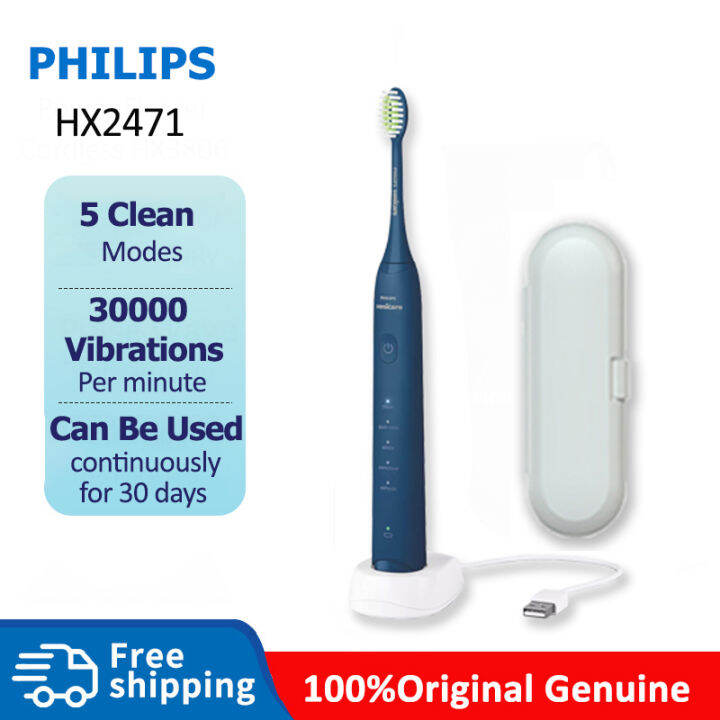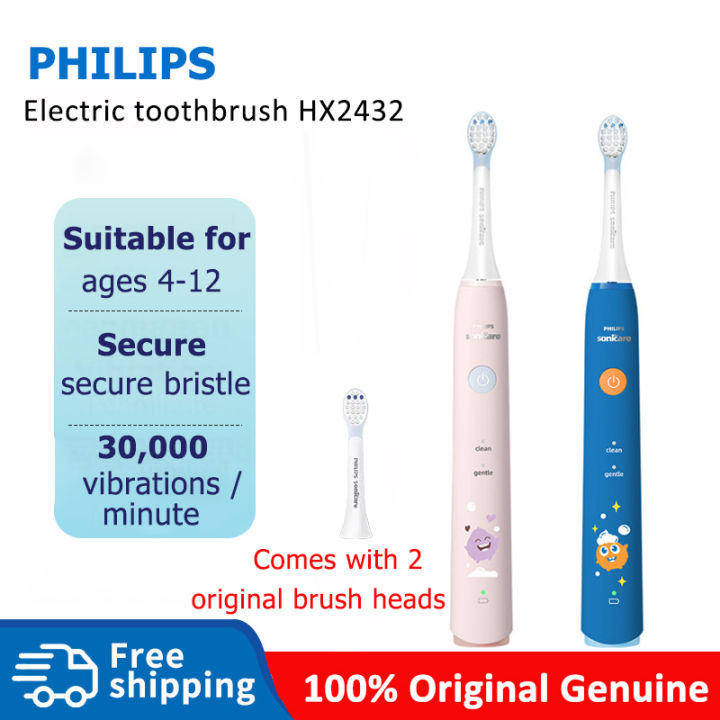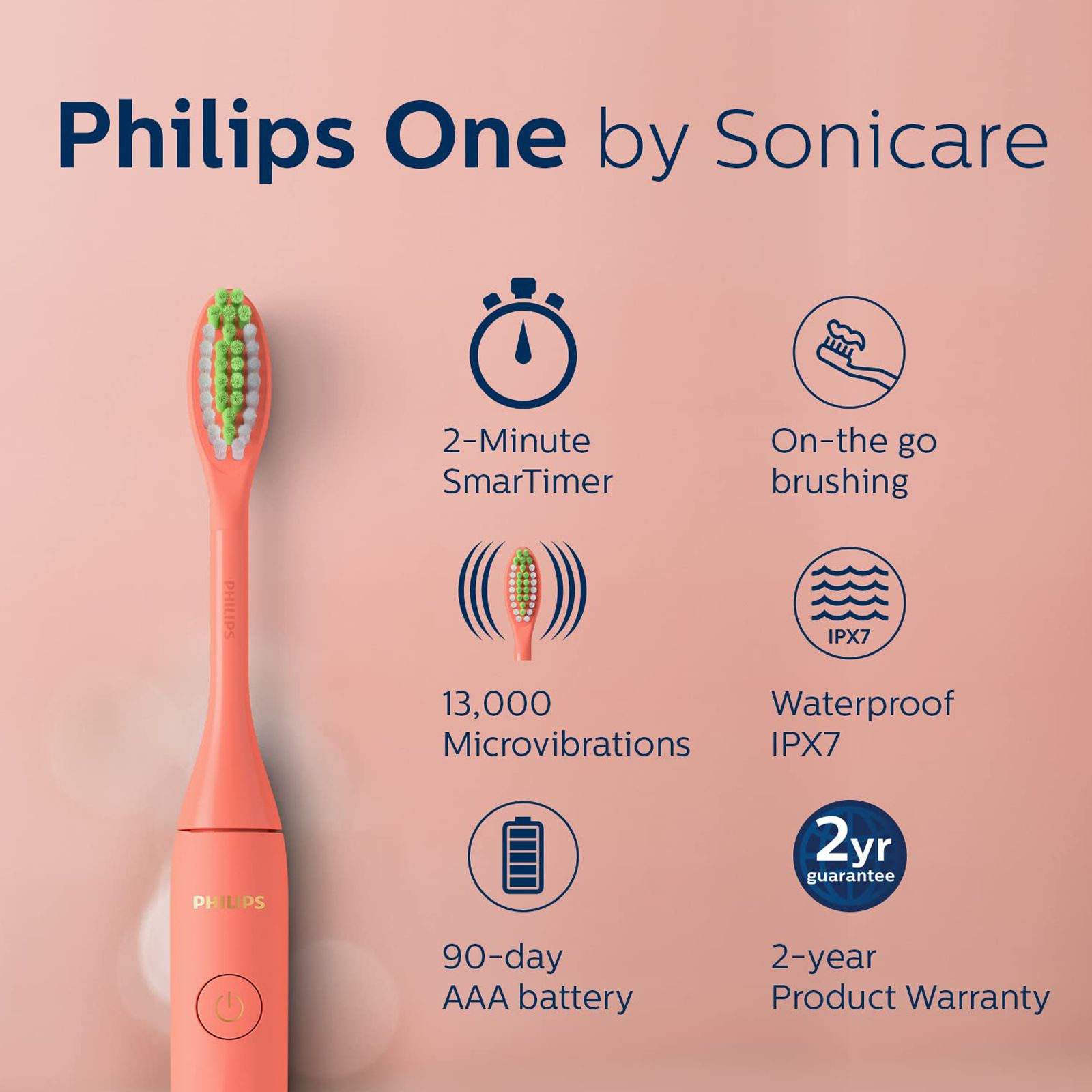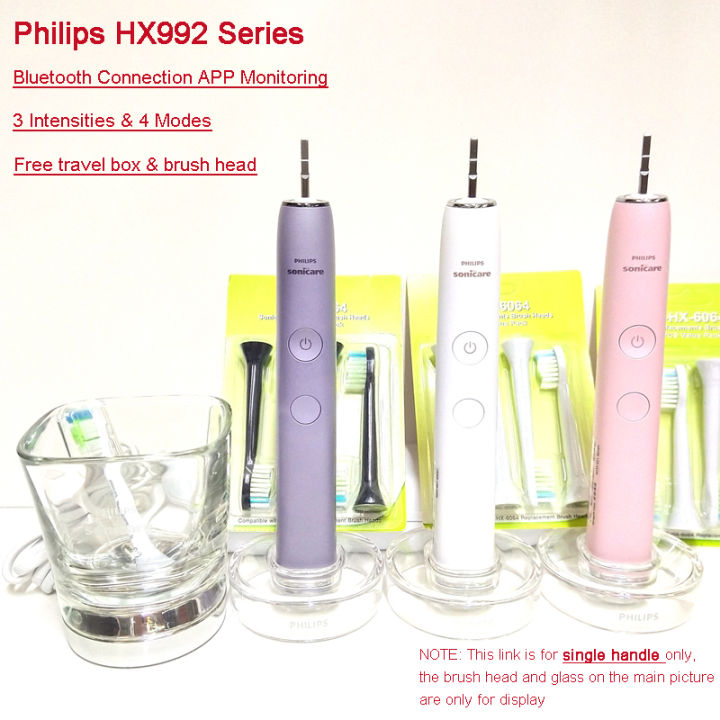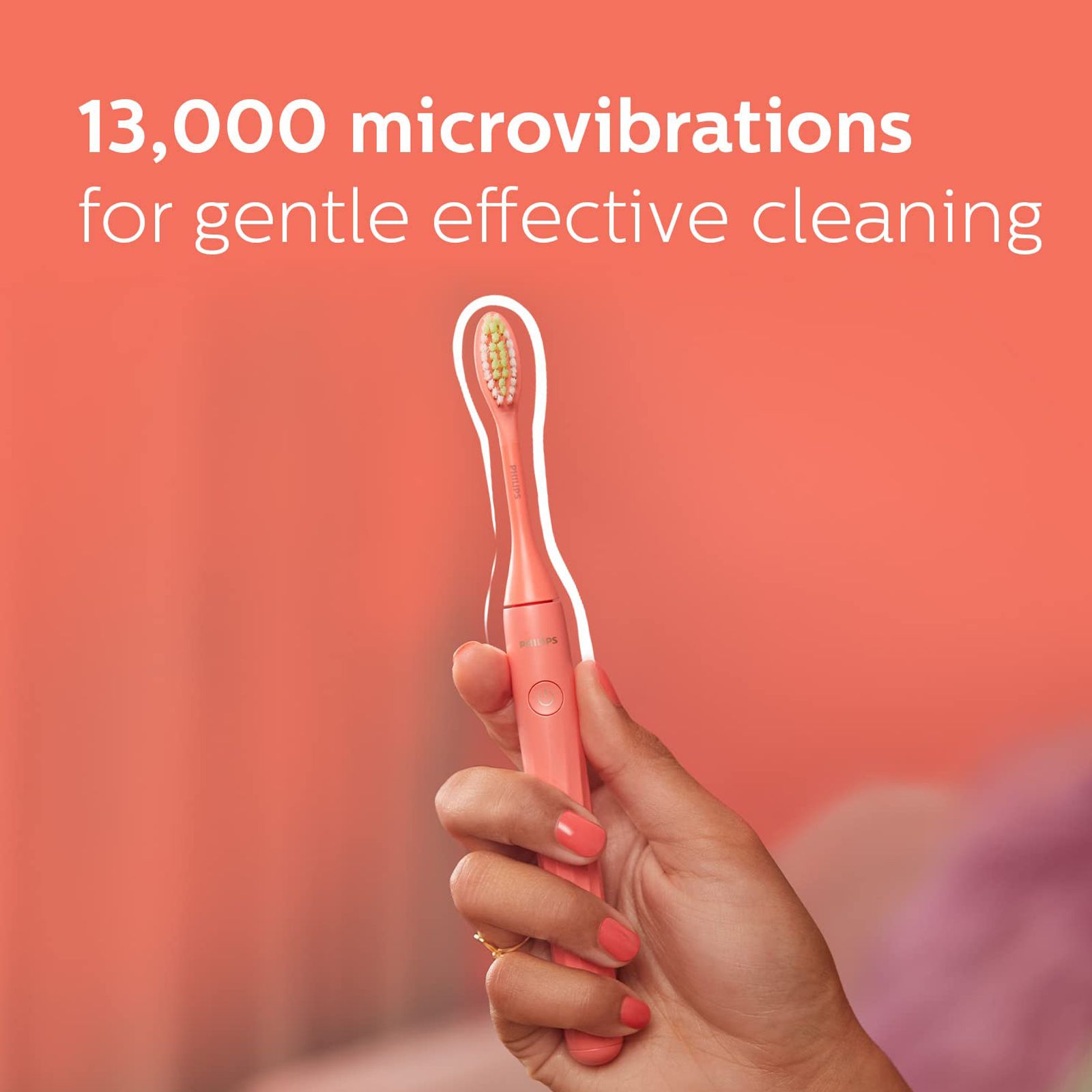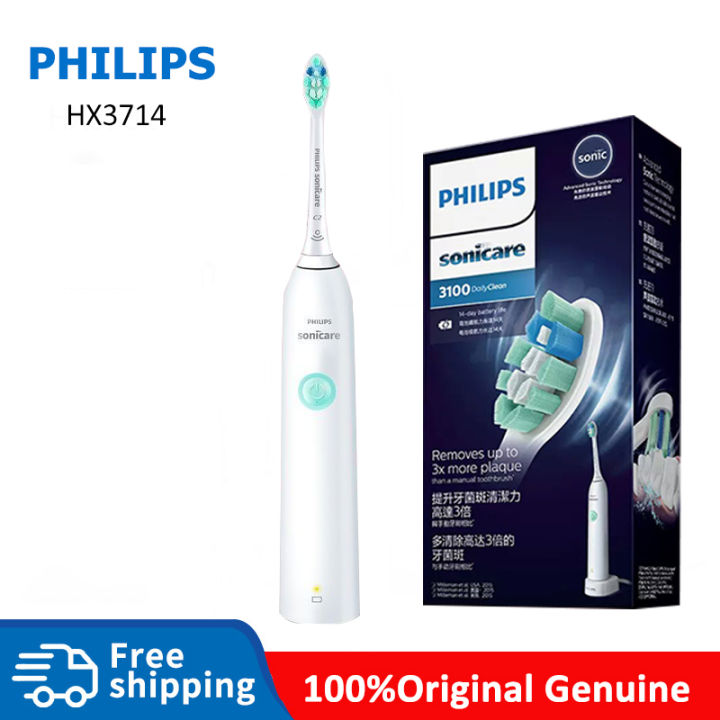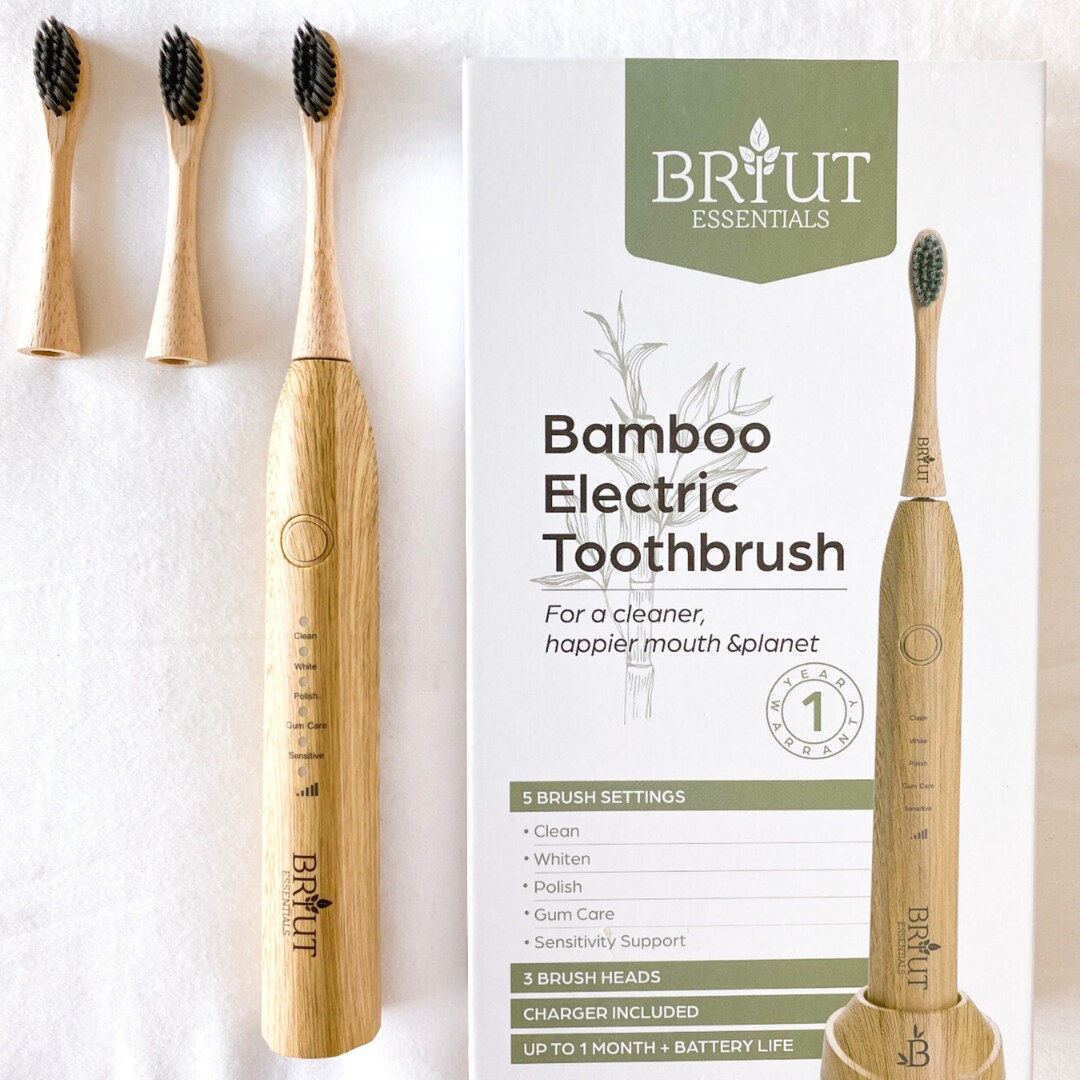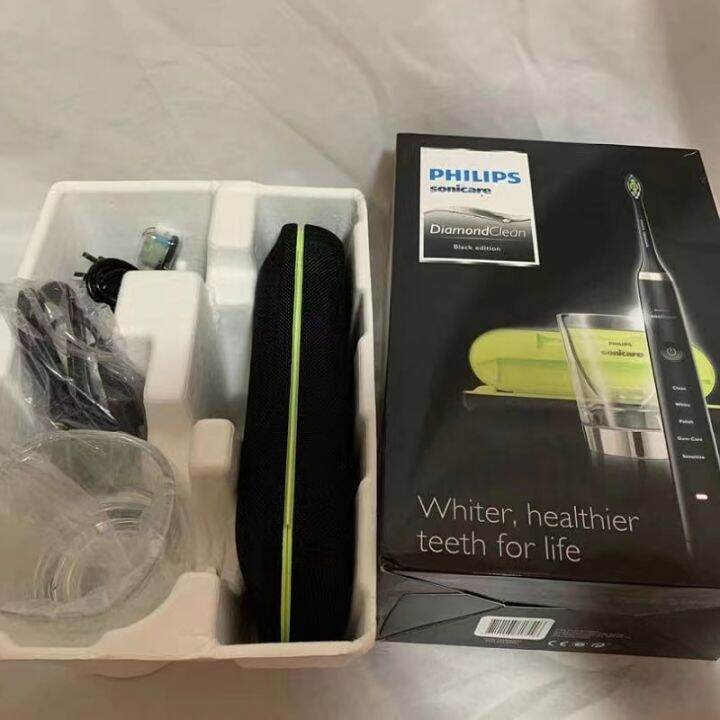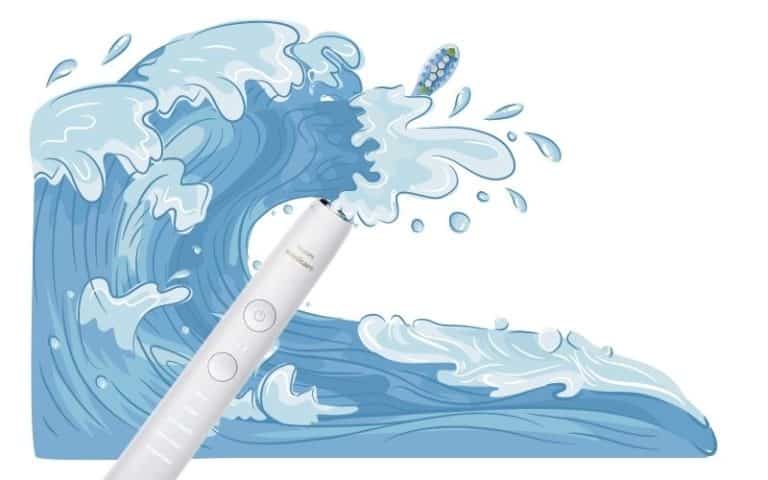Are Sonicare Toothbrushes Waterproof
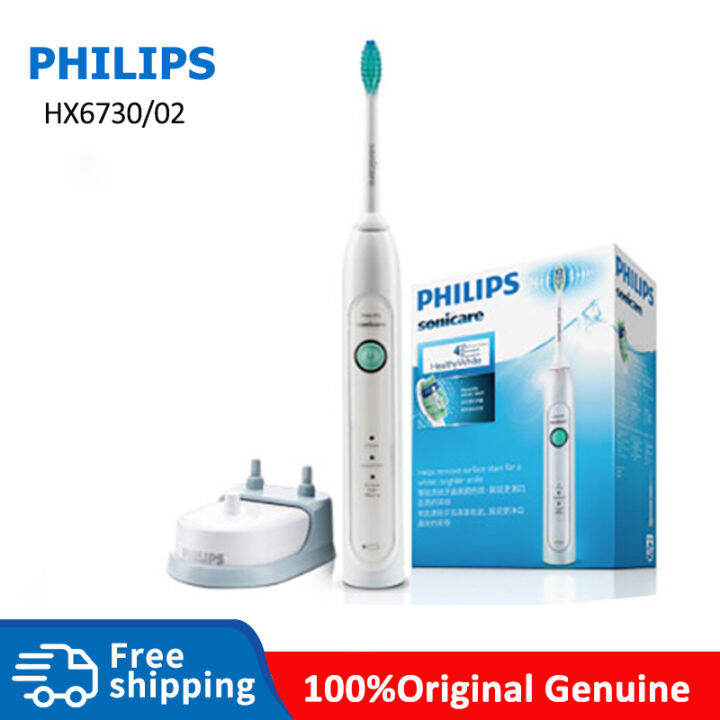
The question of whether Sonicare toothbrushes are waterproof is a common one, given their electronic nature and use in wet environments. Understanding the extent of their water resistance is crucial for users to ensure proper handling and longevity of their devices.
This article examines the water resistance capabilities of Sonicare toothbrushes, clarifying distinctions between waterproof and water-resistant, and providing guidelines for safe usage.
Understanding Water Resistance Ratings
The terms "waterproof" and "water-resistant" are often used interchangeably, but they have distinct meanings. Waterproof implies complete protection against water ingress, regardless of submersion depth or duration.
Water-resistant, on the other hand, means the device can withstand splashes, brief immersion, or light rain, but not prolonged submersion or high-pressure water exposure.
Sonicare's Official Stance
Philips Sonicare, the manufacturer, generally describes their toothbrushes as water-resistant, not waterproof. This means they are designed to withstand rinsing and use in the shower, but should not be submerged in water for extended periods.
Official statements from Philips emphasize cleaning the handle under running water and caution against dishwashing the device. Information is readily available on their official website and product manuals.
Key Features and Design Considerations
Sonicare toothbrushes are designed with sealed components to prevent water from damaging the internal electronics during normal use. However, seals can degrade over time or through damage.
The charging base is not water-resistant and should always be kept dry. Improper charging can damage the device or lead to safety hazards.
How to Properly Care for Your Sonicare
To maximize the lifespan of your Sonicare toothbrush, it is essential to follow the manufacturer's recommendations for cleaning and storage. Rinse the handle and brush head after each use.
Avoid submerging the handle in water or exposing it to high-pressure water jets. Store the toothbrush in a dry location when not in use.
Regularly check the seals around the brush head and charging port for any signs of damage or wear.
Potential Impacts and Concerns
Misunderstanding the water resistance of Sonicare toothbrushes can lead to improper handling and potential damage. This may result in reduced performance, shortened lifespan, or even electrical hazards.
Replacing a damaged electric toothbrush can be costly, making proper care even more important. Consumers should be aware of warranty conditions related to water damage.
Consumer Perspectives
Online forums and customer reviews often reflect mixed experiences regarding Sonicare's water resistance. Some users report no issues with using their toothbrush in the shower for years.
Others have experienced malfunctions or damage after accidental submersion or prolonged exposure to moisture. Such anecdotal evidence underscores the importance of adhering to the manufacturer's guidelines.
Always refer to the user manual for your specific model as different Sonicare models may have slightly different water resistance ratings.
Conclusion
Sonicare toothbrushes are generally water-resistant, designed to withstand rinsing and use in damp environments, but not prolonged submersion. Proper handling, cleaning, and storage are crucial for maintaining the device's performance and longevity.
Consumers should always consult the manufacturer's instructions and exercise caution to avoid water damage. Understanding the limitations of water resistance can help users make informed decisions and protect their investment.

